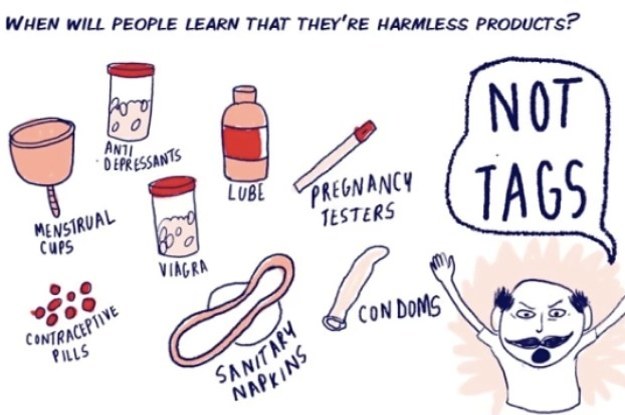There’s a difference between a one-time boring assignment and a worrisome pattern of apathy. Notice changes about how you feel regarding work that you used to take satisfaction in doing, Garcia said.
“You might notice yourself just staring at your screen, pretending to be busy, or doing anything but tackling the big stuff,” Garcia said. “That loss of interest that depression can cause may have you thinking ‘I just don’t care’ about your work.”
What you can do next if you suspect you have depression.
If these signs are resonating with your experience at work, know that you do not have to deal with depression on your own. There are steps you can take immediately to address how you are feeling and get better:
Listen to what your body is telling you about your health.
If your depression shows up as you hyper-functioning at work, it helps to check in with your body.
“It can be easy to miss depressive symptoms when work is tricking you into feeling competent and self-efficacious,” Velez said.
That’s why Velez suggests asking yourself questions that can help you notice changes in your physical health like: Are you feeling more tired than usual? What’s your relationship with alcohol or marijuana? Are you getting too little or too much sleep? How is your relationship with exercise and movement? Are there points of nagging tension anywhere in your body?
“Physical signs and signals can alert you that it may be time to acknowledge those uncomfortable feelings,” Velez said.
Talk to loved ones and trusted peers about how you’re feeling.
When you are depressed, you might not want anyone to know and may feel unworthy of your friends’ support. But in fact, talking to a few trusted peers and loved ones can be just what you need to help you against withdrawing and isolation.
“The best way to start managing depression is to talk with someone about it,” Howes said. He said you could open up to a friend or loved one, and let them know what you’re experiencing and how it’s impacting you.
Velez said it can also help for employees experiencing depression to ask trusted colleagues to stop by their desk for a quick coffee chat a couple times a week or to check in with them via text.
Seek professional help.
“Know that depression is very common and often responds well to treatment,” Howes said. “If it seems like this is depression, talking with a physician or a mental health professional is crucial. They will be able to assess your symptoms and recommend a course of treatment that may include therapy, medication or both.”
With written documentation of your depression by a medical professional, you may also qualify for reasonable accommodations at your job under the federal Americans with Disabilities Act. Examples of these accommodations can include permission to work from home or an altered schedule.
If you choose to share your condition with HR or your manager, they may be able to help you get company-sponsored resources and support.
“Many workplaces offer EAPs [Employee Assistance Programs] which have counselors on staff to provide short-term therapy or can also give the employee referrals for other services that may be needed such as child care, food and housing assistance, and therapists in the community,” Velez said.
Assess whether your job is making your depression worse.
Citing psychiatrist Dr. Aaron T. Beck’s research on cognitive behavioral therapy, Velez said it is also important to learn if your job is providing you with the ability to feel pleasure, or a sense of enjoyment, and mastery, or a sense of achievement, because those are factors people need in order to combat depression.
To monitor if your job is exacerbating symptoms or is the source of them, Velez said an employee can keep track of work activities for one or two weeks in a spreadsheet, with one column for “pleasure” and another column for “mastery.”
“Having visual evidence can be a great way to confirm or deny our feelings,” Velez said. “Taking an inventory can let you know if you are getting pleasure and mastery from your job or if it’s time to start looking for a new job.”
Understand that tiny wins do make a difference.
“Depression often pushes you to isolate, do nothing, and be unkind to yourself. Doing the opposite, even in tiny ways, can really help,” Garcia said.
For instance, Garcia said that if you’re struggling to get out of bed and are showing up late to work, you can try sitting up when you wake instead of staying horizontal. And if projects feel overwhelming, Garcia recommended breaking them down into smaller steps or committing to just five minutes of focused effort.
Ultimately, it helps to understand that you are more than your depression.
“See depression as something separate from who you are and practice resisting its urges,” Garcia recommended.
The point is to remember that depression can be a tough mental health condition that affects millions of people every day, but it is a manageable one.
This article originally appeared on HuffPost.
The National Alliance on Mental Illness helpline is 1-888-950-6264 (NAMI) and provides information and referral services; GoodTherapy.org is an association of mental health professionals from more than 25 countries who support efforts to reduce harm in therapy.
Source link







Leave a Reply